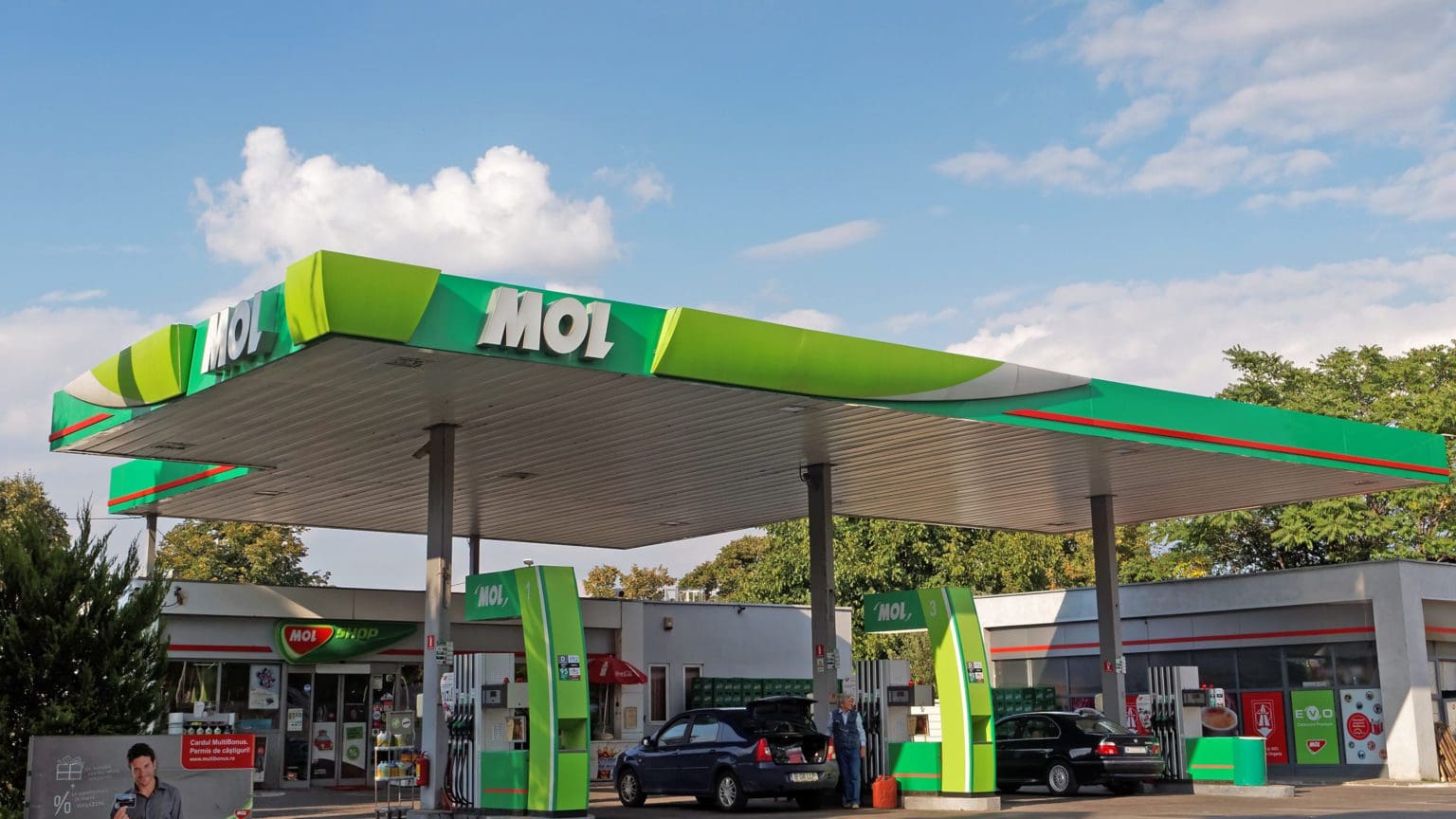https://www.shutterstock.com/hu/image-photo/bucharest-romania-europe0402-gas-station-mol-1635390487
The prime minister’s chief of staff announced a series of new regulations, including the limiting of eligibility for price-capped gasoline and diesel to personally owned vehicles, agricultural vehicles, and taxis, while excluding company-owned automobiles.
New Measures Required
The changes to the regulations were announced on Saturday by Gergely Gulyás, the prime minister’s chief of staff. He said at a televised press briefing that the new measures are needed primarily because on Monday, 1 August, maintenance work will start on Hungarian oil company MOL’s Danube refinery at Százhalombatta.
Gulyás announced that the new price-cap regulations would go into force at noon on the same day. Gulyás stated that ‘It’s crucial to emphasize that the government can retain the fuel costs capped at 480 forints per litre for retail consumers.’
The price cap for 95-octane gasoline and diesel was introduced by the government last November and will remain in effect until October, protecting consumers against inflation. Orbán’s price limits have been a cornerstone of his nationalist government’s efforts to protect citizens from a cost of living crisis.
Fuel Reserves
MOL Chairman Zsolt Hernádi issued a warning on Friday regarding potential fuel supply issues unless steps are taken to increase fuel imports. He said that the company’s Danube refinery, which is unable to produce enough diesel to meet the demand in the country even under normal circumstances, will be shut down on Monday for scheduled maintenance for two months. The largest network of service stations in the nation is owned by MOL, which has been lobbying for the phasing out of the fuel price restrictions.
In response to the threat of a shortage of supply, the government decided to release roughly one fourth of the country’s strategic oil reserves, Gulyás announced. He stressed that the only reasonable strategy at this point is a ‘flight from gas,’ so in addition to the other measures, the export of firewood will become subject to permission, and plans are being put in place for the restart of the stopped blocks of the coal-fuelled Mátra Power Plant.
The Hungarian government is in a tight spot, battling inflation and energy shortages caused by the war. The measures it is taking, however, have so far managed to limit economic damage and to protect consumers from exorbitant prices.








